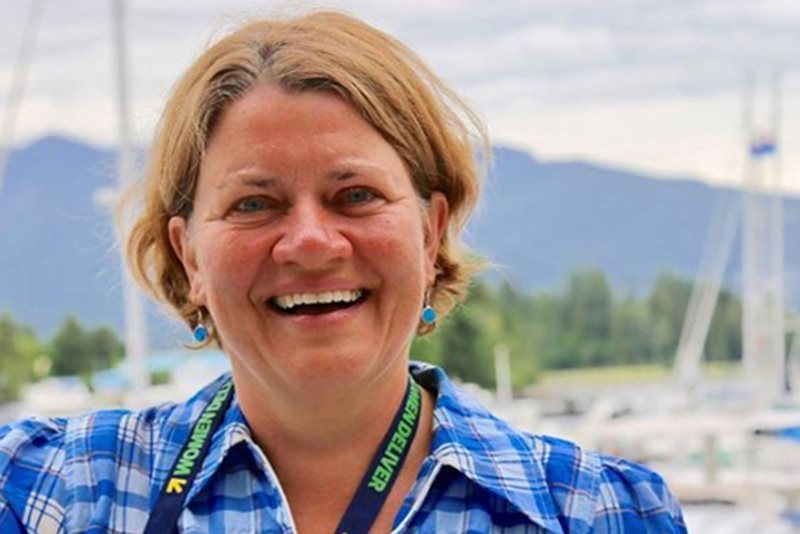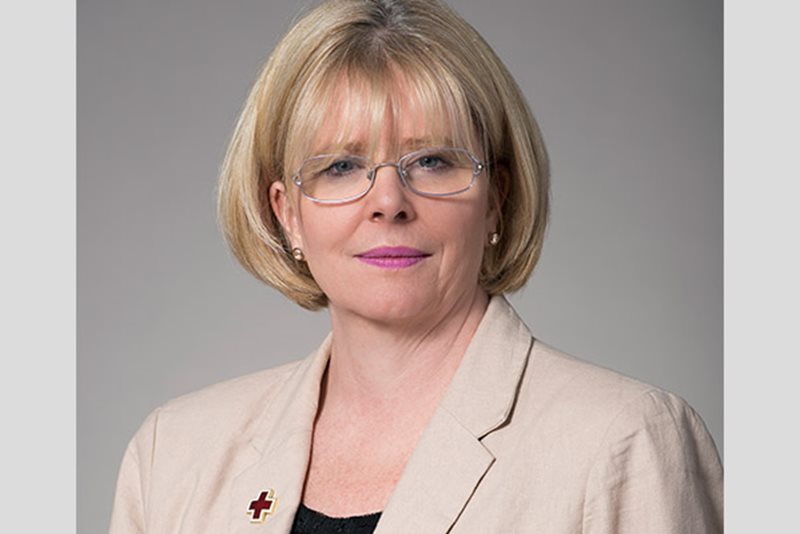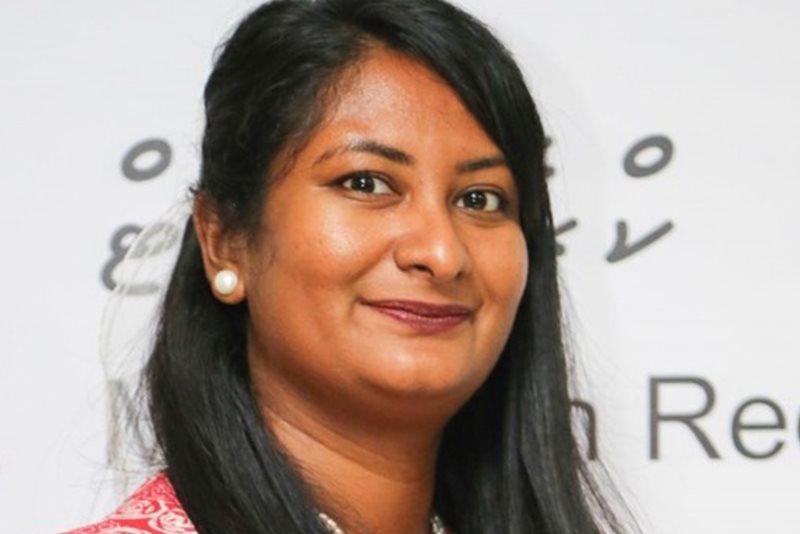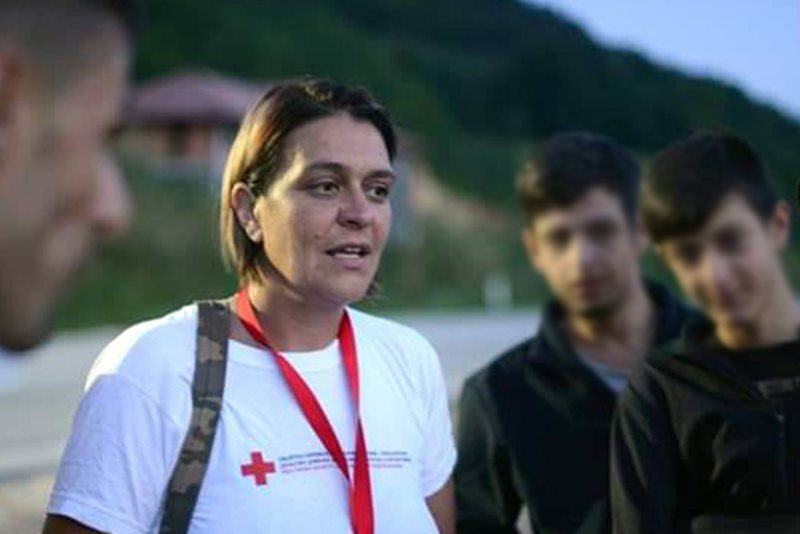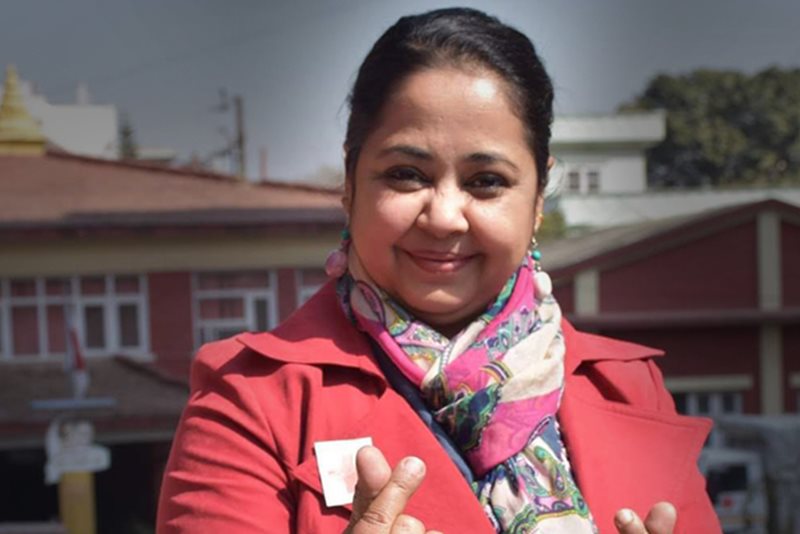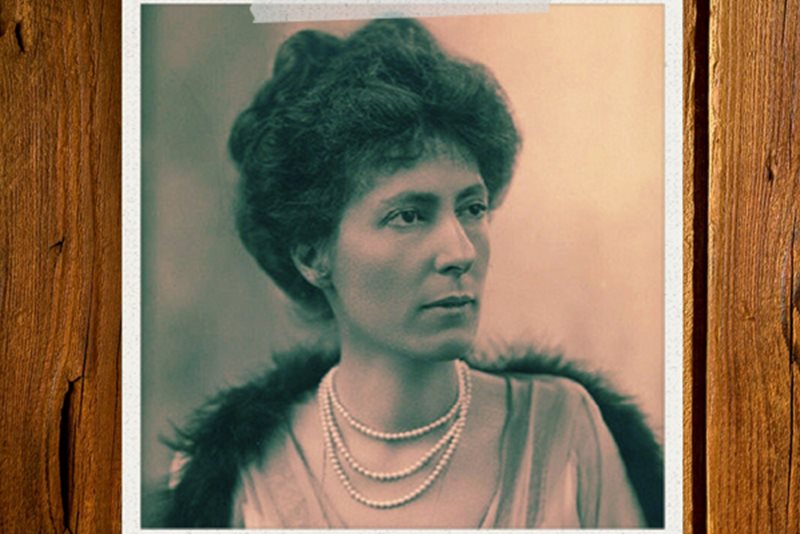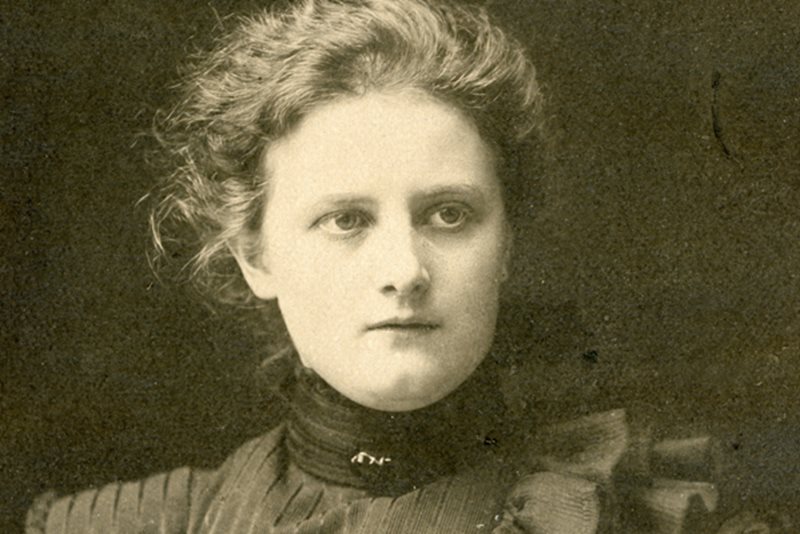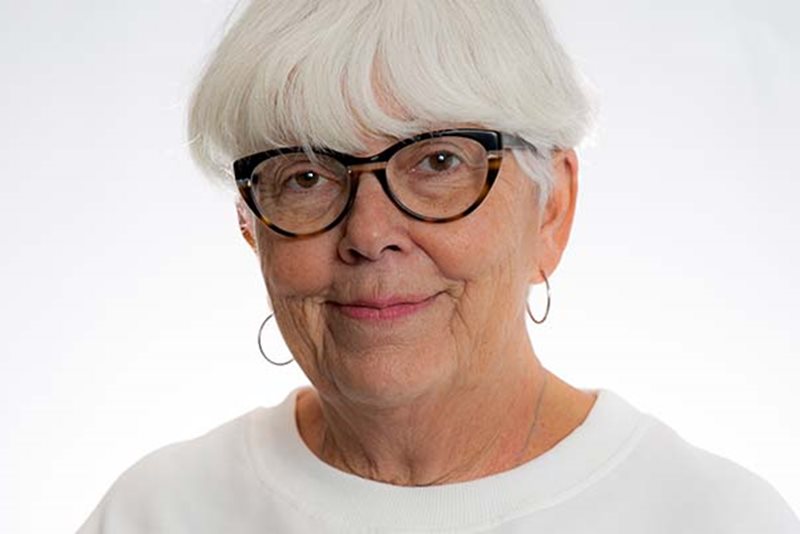

My family origins are in Prussia (today Poland) and my parents met in Köningsberg – now Kaliningrad in Russia. As for many other families in this world my family history is bloody. My paternal grandfather, a railroad worker living on the of that time border between Germany and Russia, was shot on his third attempt to flee from a Russian prisoner camp in 1918. In 1944, the terrors of the second world war reached Prussia and my maternal grandparents tried to flee by refugee boats on the Baltic Sea. Sadly, they were caught by the Russian army - my grandfather was shot, and my grandmother left to starve to death. Luckily my mother made it to the boats and survived the British air raids, ending up in Hamburg. After the final battle of Köningsberg my father was transferred to a prisoner of war camp in Sibieria. He was imprisoned for three years and by the time he was released he was severely ill.
– Angelica Rage, Sweden“Through the Red Cross family reunion program my parents could find each other and were reunited”
As the prospects for Prussian refugees were bad in Germany they decided to emigrate to Sweden where they found work in the county of Värmland 1952.
I ended up working as a politician for over two decades - I have held positions as municipal council, regional council as well as many political assignments on a national level. In my 60s I found that the opportunities for women my age were sparse in Sweden - no matter how much experience they have from different positions in society. Due to my family history and my broad background in politics I decided to join the Swedish Red Cross. Here both dedication and experience were welcomed and needed.
I started out as chairman of the local board. I was also honored to be nominated and elected to the national board. Here I was assigned the task to lead the reorganization and modernization of the Red Cross in Sweden. We needed to adapt to the changing times by making updates to strategies and to change the recruitment process of volunteers. Making changes is exiting but not easy and requires both courage and patience. It has felt very meaningful for me.
Without the involvement of women, the Red Cross would not be where we are today. I have personally experienced more equality within the Swedish Red Cross than in politics. It is common for a woman to be made invisible in the political life but not within the Swedish Red Cross. On the contrary – men are missing in the different activities that take place at the local branch – which is not good. A future challenge is to recruit both men and women to all levels of our organization.
– Angelica Rage, Sweden“The Red Cross must represent the people it is set to serve based on the core values"
The Swedish Red Cross has over the years made an impact on the Swedish Society and we constantly have to reevaluate what needs we can fulfill to stay relevant. Only by doing this we can keep our donors and volunteers. A big part of the work we do revolves around the issues refugees and immigrants face when new in Sweden. When a fourth of the population has a foreign this has to be reflected among the volunteers and on the board. The Red Cross must represent the people it is set to serve based on the core values. These values are highly important in today’s society.
We see new challenges daily. In Sweden the loneliness among the elderly is a growing problem. Crises and crisis management take new forms and has to meet new needs.
Due to the climate crisis, there has been a need within the Red Cross to find solutions for building a sustainable society. The secondhand shops are a great example of the combination of recycling with knowledge about the bigger perspectives. My dream is that all youths should have the opportunity to volunteer at one of the of the local branches of the Red Cross. A public volunteer duty – can that be something for the future? This would make the red cross a place for community and conversation where we can work on the things that unite groups and societies rather than what divides them.

Across all regions, between 45-57 per cent of Red Cross and Red Crescent volunteers are women.




